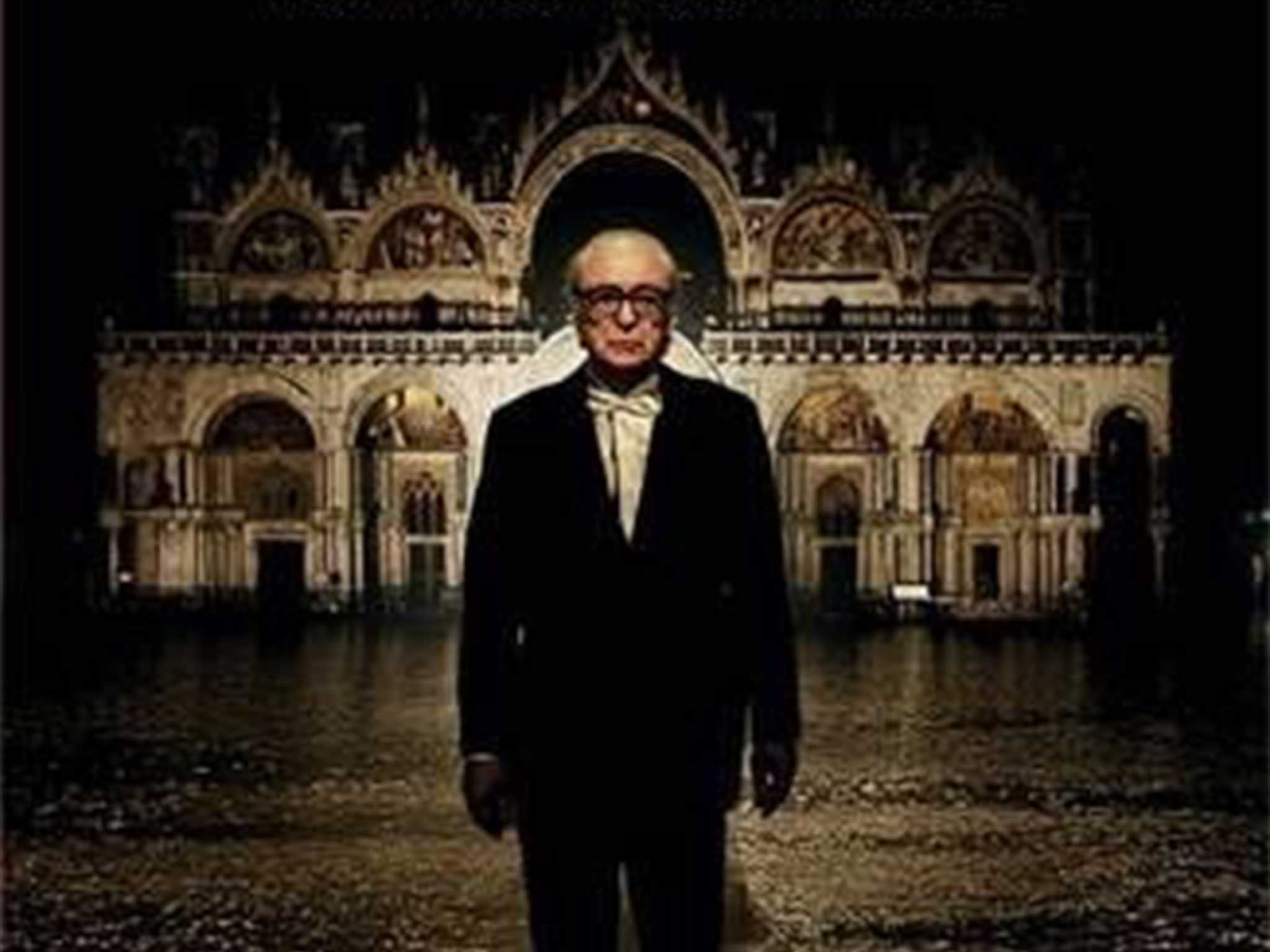Youth, by Paolo Sorrentino - book review: A hectoring and abstract work full of redundant adjectives
Youth is essentially an annotated screenplay, a succession of pregnant episodes

Pauline Kael called them “Come-Dressed-as-the-Sick-Soul-of-Europe Parties”. Those films by Fellini, Resnais or Antonioni which suggest that the listlessness and disillusion of a few privileged characters bespeak a more widespread, continental malaise, while simultaneously glamourising their listless, dissolute lifestyles.
Kael meant it as a criticism, but I rather enjoy films like that. And Paolo Sorrentino is probably their greatest living exponent. His La Grande Bellezza (2013) was a strange, tender and very funny satire on contemporary Roman high society. It's a shame, then, he has decided to write the novelisation of his latest film, Youth, himself.
Octogenarian friends Fred Ballinger and Mick Boyle, a famous composer and a Hollywood director (played in the film by Michael Caine and Harvey Keitel), are holed up in a luxury Alpine spa, contemplating past indiscretions and present physical decline. Other characters round out a guest list that would be the envy of any self-respecting “Sick Soul of Europe” party. There's Fred's daughter, Lena, whose husband has just left her for Paloma Faith; an obese footballing legend, modelled on Diego Maradona; and a young actor, Jimmy Tree, who is preparing to play Hitler in a forthcoming film.
Youth is essentially an annotated screenplay: a succession of pregnant episodes, such as Fred hearing someone practise one of his compositions, or Fred watching his young masseuse playing on her Xbox. Scenes which might on screen, through the framing of the shot, or the performance of the actors, be imbued with meaning, but here are left as abstract, hectoring stage directions: “it is wonderfully poignant to see this tiny girl playing virtual tennis with such unusual determination”.
Lest we ever miss the point, this short book also buckles under its sheer weight of redundant adjectives. There's an actress's “controlled regal poise”; the “sporadic irregular implosions” of a guitar in one of Fred's dreams. That could be a fault of the translation. Sorrentino's previous novel, Everybody's Right, was after all nominated for Italy's most prestigious literary prize, the Strega. But the garrulous obtuseness of a sentence such as, “nurses and masseuses leave their antiseptic changing rooms in their respective uniforms”, seems all his own. The more he insists that something significant is going on in this book, the more Sorrentino unwittingly confirms Kael's argument, that European arthouse cinema would rather appear beautifully meaningful than attempt anything so vulgar as to mean something.
MacLehose Press £7.99. Order for £7.59 (free p&p) from the Independent Bookshop: 08430 600 030
Subscribe to Independent Premium to bookmark this article
Want to bookmark your favourite articles and stories to read or reference later? Start your Independent Premium subscription today.

Join our commenting forum
Join thought-provoking conversations, follow other Independent readers and see their replies